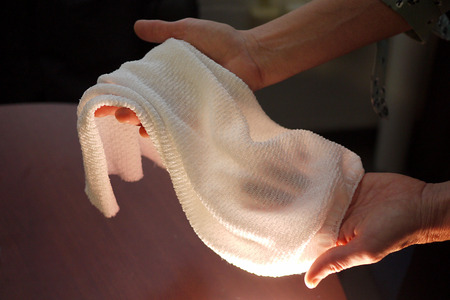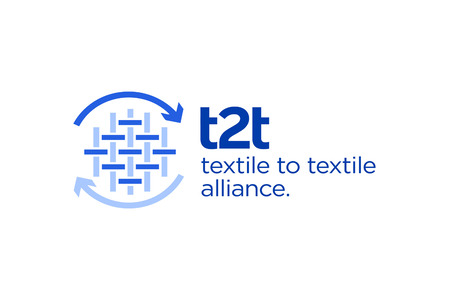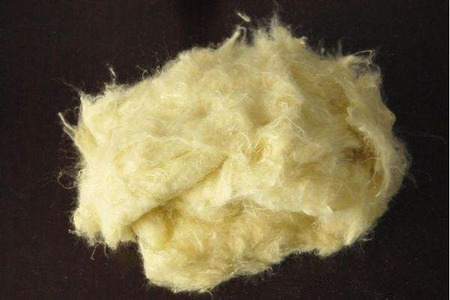
Textile traders switching over to the new tax system
YarnsandFibers News Bureau 2017-08-04 12:00:00 – AmritsarAmritsar, once known as the Manchester of India, the holy city-based textile industry is now known for shawl, tweed, blazer, blanket, besides suiting and shirting. After holding protests for long against the imposition of the GST on unstitched clothes, a large number of textile traders have started approaching the District Excise and Taxation Office to get them registered.
Over 90 percent of the VAT dealers have switched over to the new tax system.
A leading yarn manufacturer, Kamal Dalmia, said that apart from five percent GST on unstitched clothes, cotton and natural yarn, which were not covered under excise tax, would be charged five percent GST and man-made yarn 18 percent. In addition, apparel and readymade garments valuing less than Rs 1,000 will be charged five percent and the products above Rs 1,000 will invite 12 percent tax. Job work on apparel will attract 18 per cent GST.
The spate of taxes on the textile sector would make the readymade garments fall under the luxury segment.
District Excise and Taxation Commissioner (DETC) Harvinder Singh said that textile traders, who had been resisting the new tax, were now getting themselves registered for the GST. Out of 20,798 VAT dealers, over 19,000 have been registered under the GST. Among them, a considerable number of traders deal are related with the textile sector.
Earlier, a dealer with over Rs 5 lakh taxable turnover used to get VAT registration. Now, only those dealers with over Rs 20 lakh turnover can apply for the GST. The GST has provided respite to marginal traders.
Harvinder Singh informed that many VAT dealers had become ineligible to be listed under the GST due to their low annual turnover.
Market Intelligence
Ask for free sample Report

experience
Customer Base
dedicated team
Countries Served Worldwide









